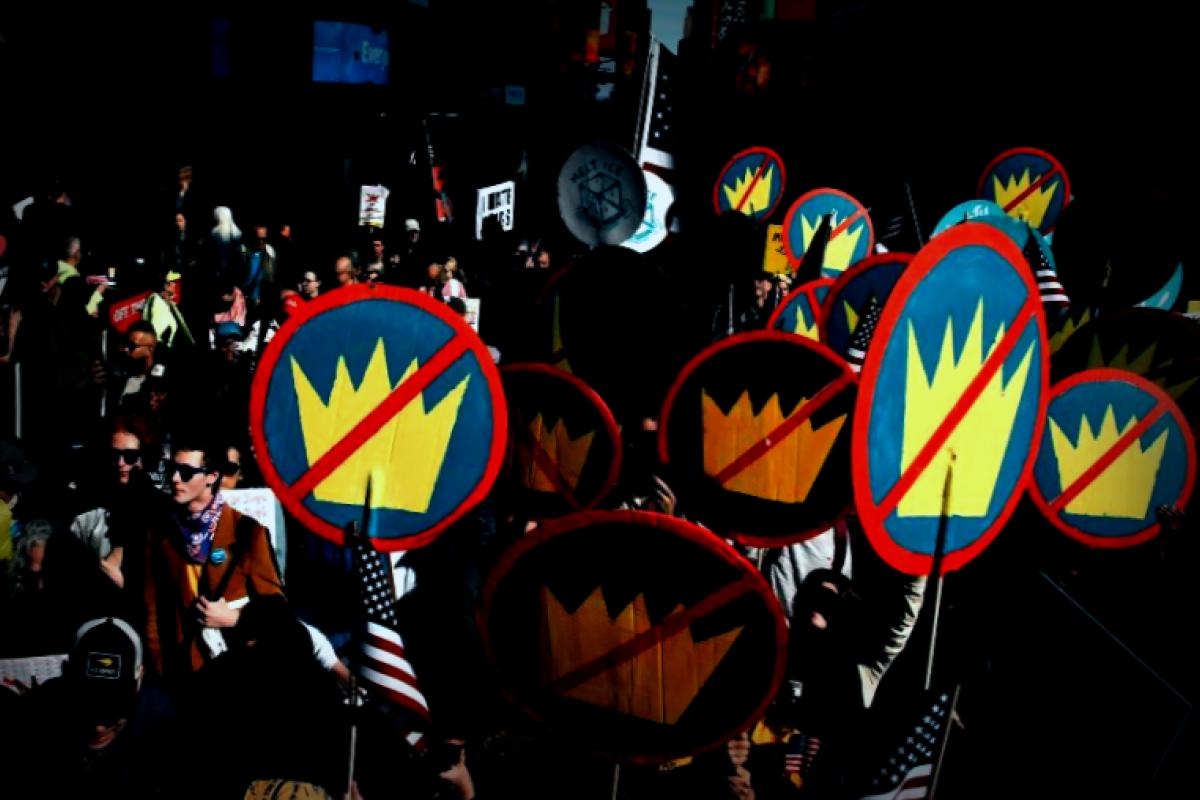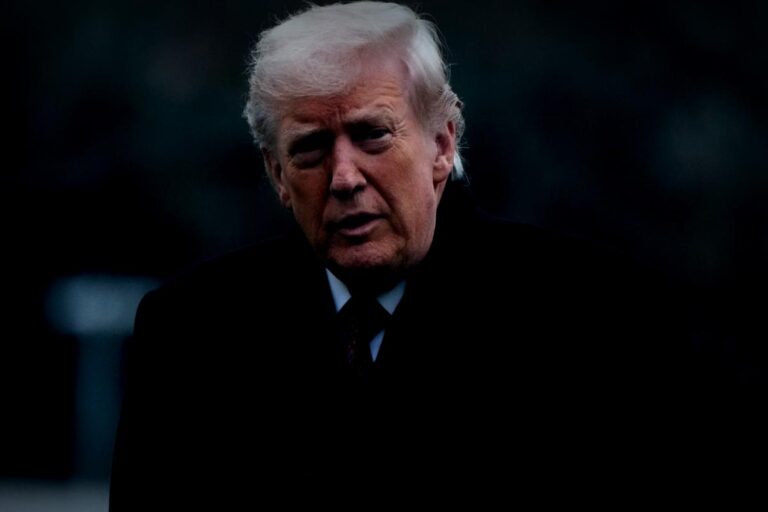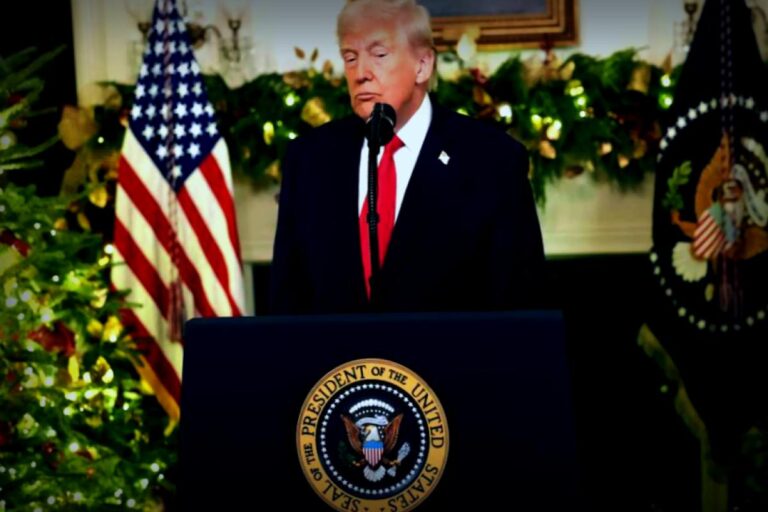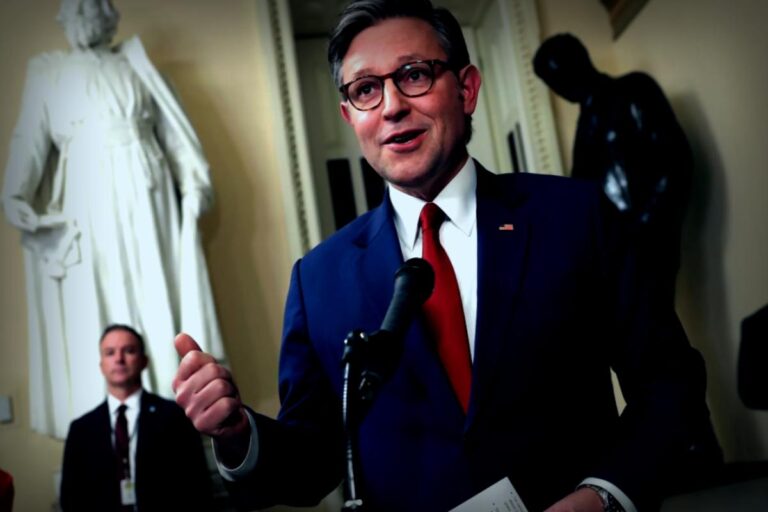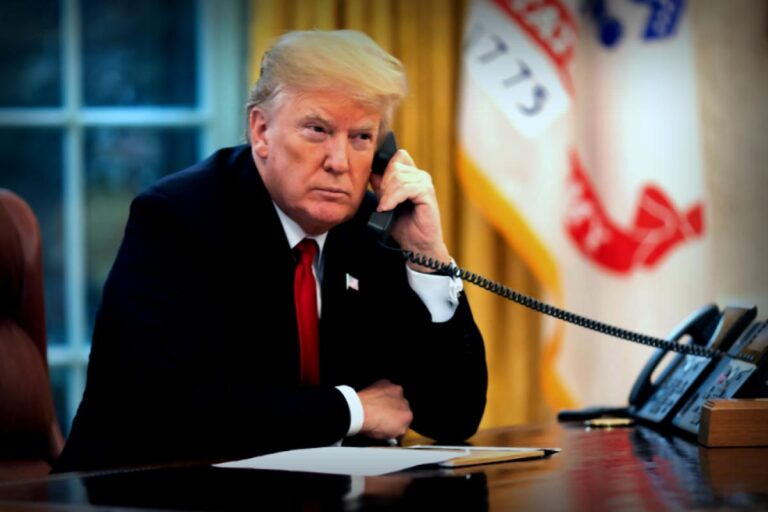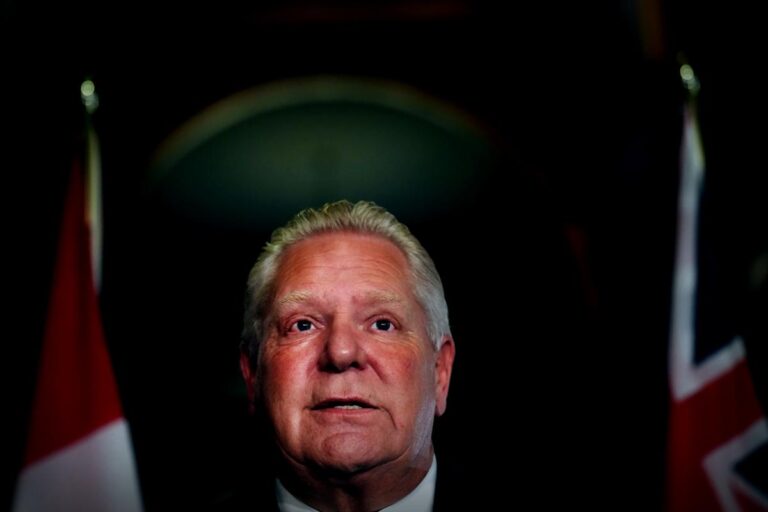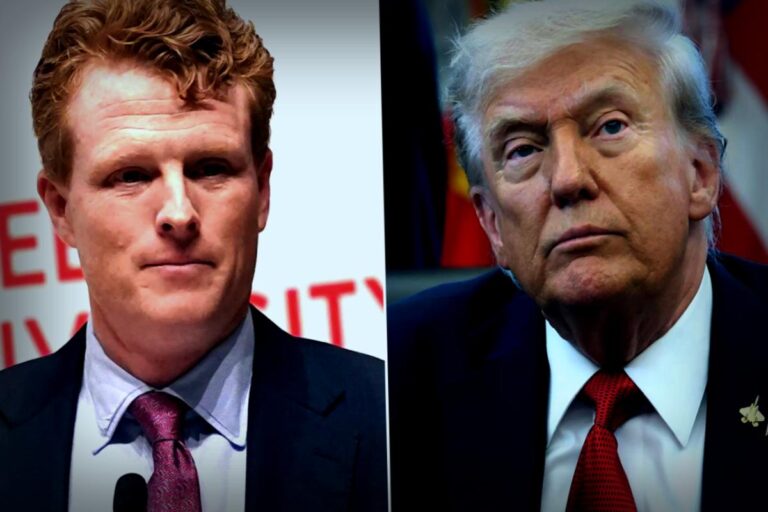Over the past weekend, the country witnessed a surge of ‘No Kings’ rallies that oppose Trump, which Republicans have been attempting to downplay. They’ve labeled the participants as extremists, with some claiming that violence was on the horizon (spoiler: it never happened). Additionally, there were assertions that these protesters harbor a deep hatred for America, and that their ‘No Kings’ slogan doesn’t make sense, especially considering Trump is a democratically elected official who works with Congress from time to time.
In response, Trump dismissed the protesters, saying they do not reflect the views of average Americans. He’s even gone as far as sharing memes and AI-generated clips portraying himself as a ruler, including a controversial one where he dumps waste on dissenters.
House Speaker Mike Johnson chimed in during a Fox News appearance, suggesting the protesters’ sentiments like ‘No Kings’ totally counter the founding principles of America.
However, fresh polling data indicates that the ‘No Kings’ message is resonating with a significant portion of the American populace. Surprisingly, a majority seems to support it to some degree, and that group appears to be expanding.
The Public Religion Research Institute conducted a survey presenting participants with two stark choices: viewing Trump as a “potentially dangerous dictator whose authority must be curtailed to safeguard democracy” or as a “strong leader needing more power to rejuvenate American greatness.” The results were telling, with 56% opting for the first choice, compared to just 41% who stayed on the second side.
Interestingly enough, this percentage is nearly double what it was back in April: 52% preferred the ‘dictator’ characterization versus 44% opting for ‘strong leader.’
Further results from the same poll reveal that 54% of respondents believe Trump is orchestrating an “assault on constitutional checks and balances and the rule of law,” while 43% thought his actions were merely a necessary correction of previous policies.
Of course, these binary polls can sometimes skew perceptions, as they may compel undecided voters to pick an extreme just to express their hidden dislike of Trump. However, the strength of the respondents’ beliefs also provides insights—45% firmly believe Trump embodies the traits of a dangerous dictator. Additionally, 43% expressed strong agreement with the notion that he’s acting against established laws and checks in place.
Notably, close to half of independent voters voiced strong support for these views. These statistics are compelling and highlight that many Americans seriously resonate with the rally messages.
Ultimately, Americans seem increasingly concerned about Trump’s exercise of power and authority. A few key polling statistics illustrate this trend:
- In a July CNN poll, 56% indicated that Trump had pushed too far while leveraging his presidential powers, up from 52% in the previous February.
- In April, an AP-NORC poll saw 57% agreeing that he overstepped his authority while pursuing his agenda.
- By September, 62% believed he was going beyond his presidential limits, as indicated by a Washington Post-Ipsos poll.
- Pew Research Center reported that 69% felt Trump is utilizing significantly more power than recent presidents, with 49% labeling this as detrimental to the nation.
- By the same September timeframe, 54% of eligible voters believed he’s surpassing the boundaries placed on the presidency, with about 20% of surveyed Republicans in agreement.
Some conservatives have juxtaposed Trump’s election victory with claims of him being a ‘king,’ arguing that since he won every crucial state and both electoral and popular votes, the notion doesn’t hold weight. Anyone doubting this simply has to look to commentaries from Trump supporters, arguing that he has at least gained congressional approval for several policies.
Amid the increasing rally presence, the continuous debate has solidified. Are our leaders misusing their authority? This tension resonates with people across the country.
Long-standing Concerns Persist
Concerns about Trump’s power grabs have existed for some time, intensifying with each controversial maneuver. Prior to his latest term taking off:
- A December Washington Post-University of Maryland poll found Americans nearly divided; 40% feared he’d rule as a dictator, while 41% disagreed.
- Another December Reuters-Ipsos poll indicated that 53% thought it at least somewhat likely he’d act like a dictator.
- Further Quinnipiac University polling revealed 53% of voters were worried about Trump’s bizarre comment regarding his interest in being a dictator for just a day.
- 44% of voters, based on an October ABC News-Ipsos poll, described Trump as a “fascist.”
Political Lines Blur Over Authority Concerns
One could easily assume these insights arise predominantly from partisan views. A decade prior, Republicans criticized Barack Obama with similar rhetoric, labeling him ‘kingly.’ Following this narrative, one may wonder about Biden and any attempts to bypass the Supreme Court’s ruling on particular matters.
Yet Americans can spot a unique distinction with Trump. In the earlier poll, fewer than 20% labeled his longtime political adversary, Kamala Harris, as a fascist, underscoring the stark difference in sentiments. Further, compared to Trump’s 62%, only 34% thought Biden exceeded his presidential authority proposing the same characteristic.
This impression surfaced strikingly lastly, with a marked increase of nearly 54% in Americans believing the president possesses “too much” power between 2024 and 2023.
Considering these evolving dynamics, it appears a significant portion of the public acknowledges an unusual scenario unfolding right now under Trump’s leadership. While Republicans trivialize the ‘No Kings’ message, it echoes sentiments that many feel are very genuine and pressing.





